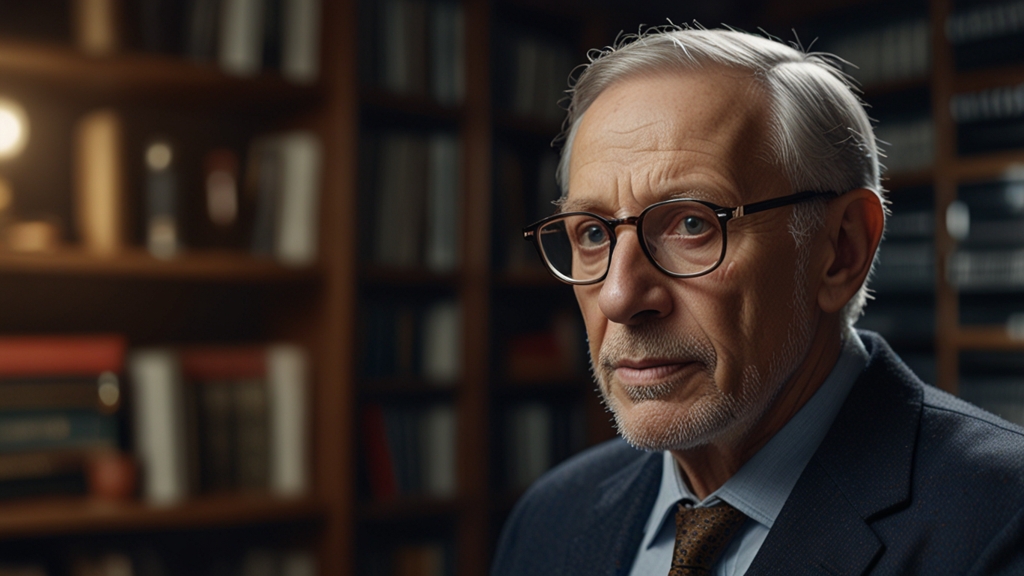Misconceptions About Knowledge: Debunking Epistemological Myths
From the ancient philosophical musings of Plato to the more contemporary discussions in modern philosophy, the quest to understand knowledge has been a central theme. However, several misconceptions continue to cloud our understanding. This article aims to debunk some of the most prevalent epistemological myths.
Myth 1: Knowledge is Justified True Belief
One of the longest-standing definitions of knowledge is the concept of "justified true belief" (JTB). According to this idea, for someone to "know" something, they must believe it to be true, it must actually be true, and they must have justification for their belief. While JTB has been a cornerstone of traditional epistemology, it is not without its flaws.
"Gettier problems, named after the philosopher Edmund Gettier, provide scenarios where one has justified true belief without possessing knowledge. These problems challenge the notion that JTB is sufficient for knowledge."
The Gettier cases show that there are situations where individuals can have beliefs that are true and justified, yet these beliefs are based on faulty or coincidental evidence. Thus, the JTB definition is necessary but not sufficient for a comprehensive understanding of knowledge.
Myth 2: Knowledge is Objective and Absolute
Another common misconception is that knowledge is always objective and absolute. This perspective suggests that knowledge is black-and-white and devoid of subjective interpretation. However, modern epistemology stresses the importance of context and perspective in understanding what we "know."
"Epistemic relativism argues that what individuals or cultures know is fundamentally influenced by their own frameworks, including social, cultural, and historical contexts."
This suggests that knowledge can be more fluid and context-dependent than previously thought. What might be considered knowledge in one cultural or social framework might not be recognized as such in another. This doesn't mean that knowledge is entirely subjective but emphasizes the role of intersubjectivity in our understanding.
Myth 3: All Knowledge is Empirical
The rise of empiricism has led many to believe that all knowledge is derived from sensory experience. However, this is an oversimplification. While empirical evidence is crucial in many areas of inquiry, not all types of knowledge are empirical.
For instance, mathematical and logical truths are known through reason rather than sensory experience. Similarly, certain forms of introspective knowledge, like understanding one's own thoughts and feelings, cannot be solely based on empirical evidence.
"Rationalists argue that reason, rather than experience, is the primary source of our most significant knowledge. This includes concepts that cannot be easily reduced to empirical data, such as ethics and aesthetics."
Myth 4: Knowledge is Static
Many people operate under the assumption that once something is known, it remains known forever. However, the history of science and philosophy shows that knowledge is dynamic and ever-evolving.
Scientific paradigms shift, and new evidence can overturn previously held beliefs. This is not a weakness but a strength of scientific inquiry—it is self-correcting and responsive to new data. Similarly, philosophical perspectives on knowledge continue to evolve as new arguments and ideas emerge.
Myth 5: Knowledge Requires Certainty
Another misconception is that knowledge requires absolute certainty. The idea here is that to "know" something, one must be entirely certain about it. In reality, certainty is a high bar that is rarely achieved except in trivial cases.
Most of what we consider knowledge involves a degree of uncertainty. This doesn't diminish its value. Instead, it highlights the probabilistic nature of much of what we know. Accepting that uncertainty is a part of knowledge can lead to a more nuanced and humble approach to understanding the world.
Conclusion
Misconceptions about knowledge can significantly affect how we think, learn, and engage with the world. By critically examining and debunking these epistemological myths, we move toward a deeper, more nuanced understanding of what it means to know. The journey of understanding knowledge is complex and ever-changing, but it remains one of the most rewarding pursuits in the realm of human inquiry.








